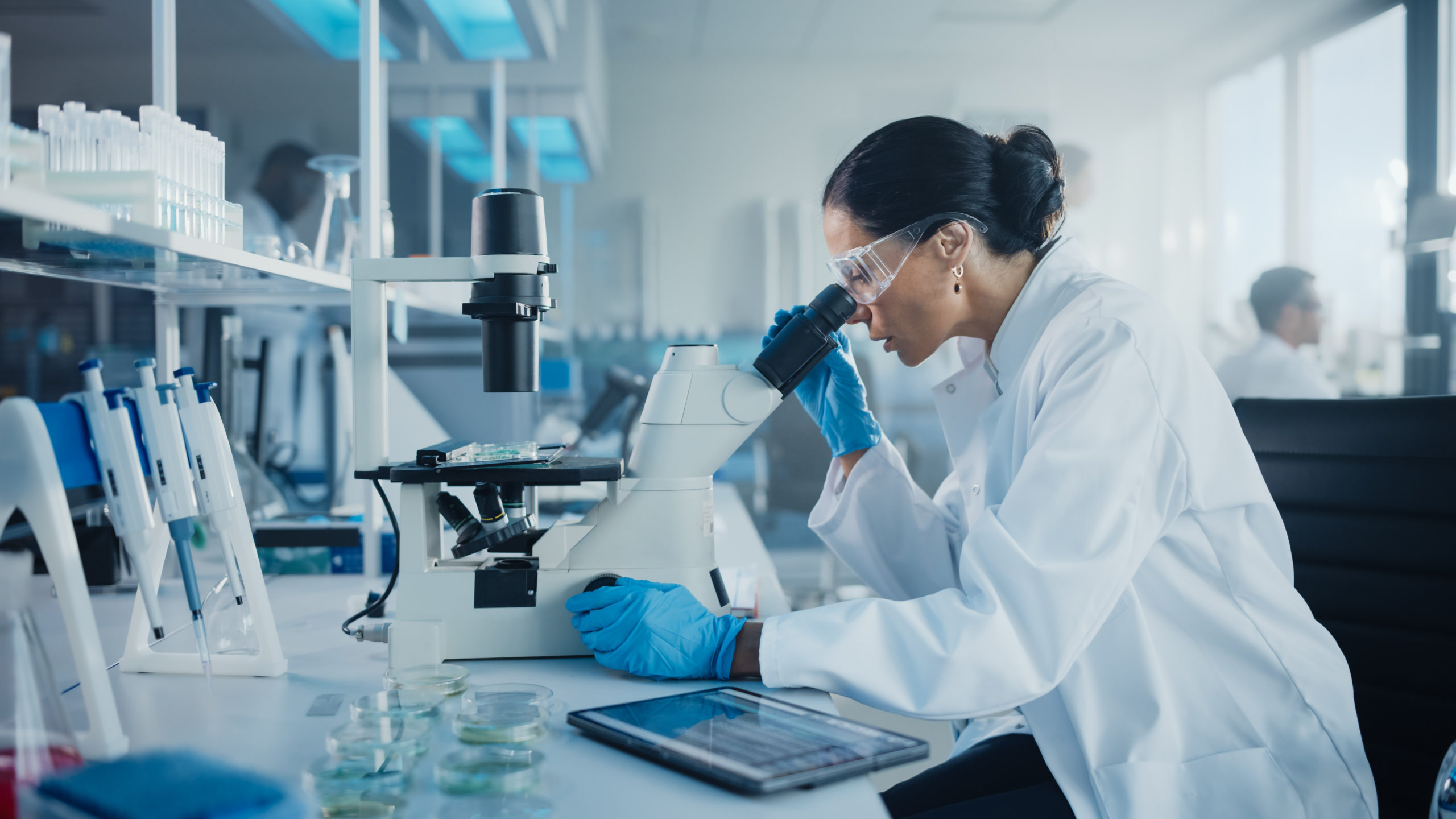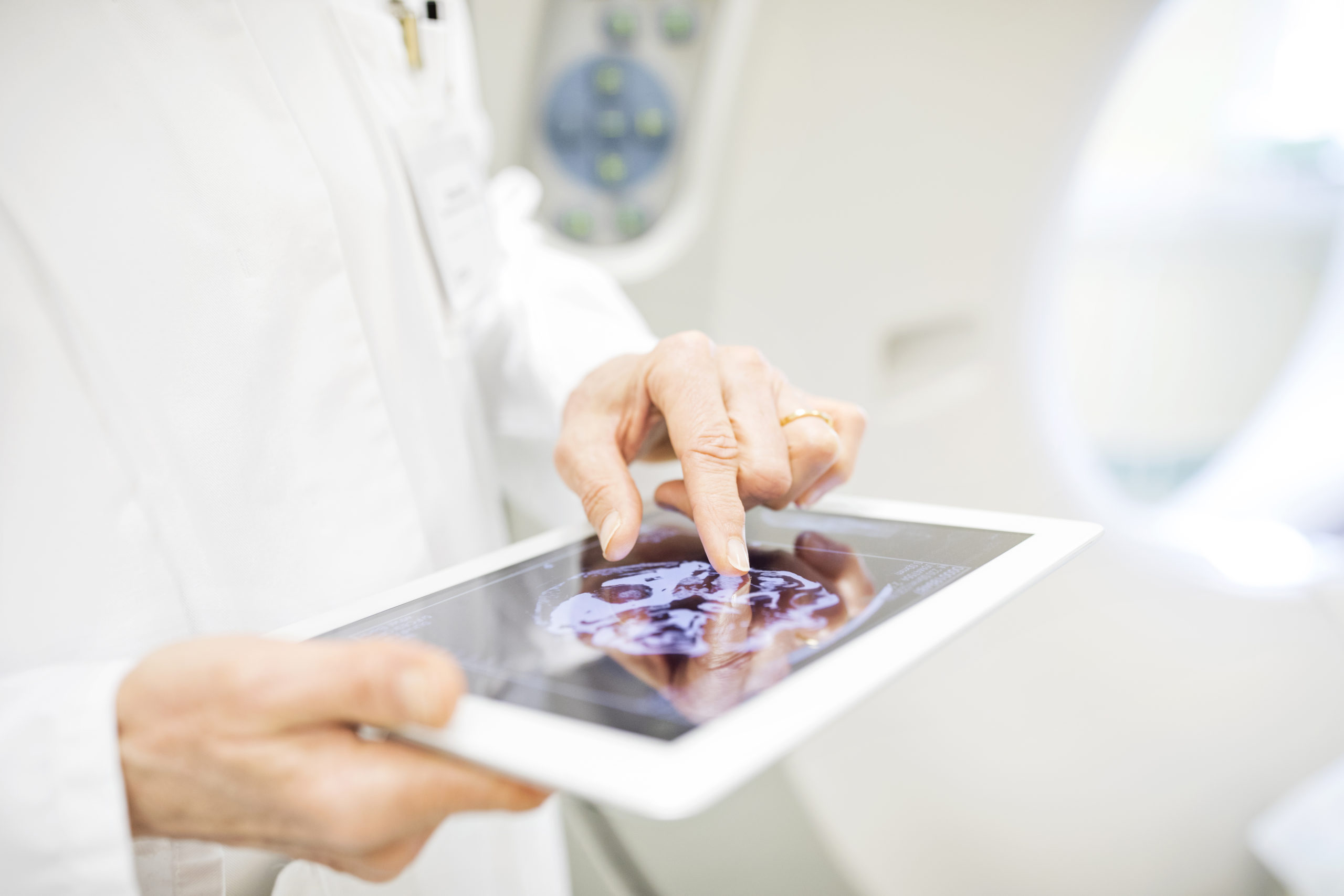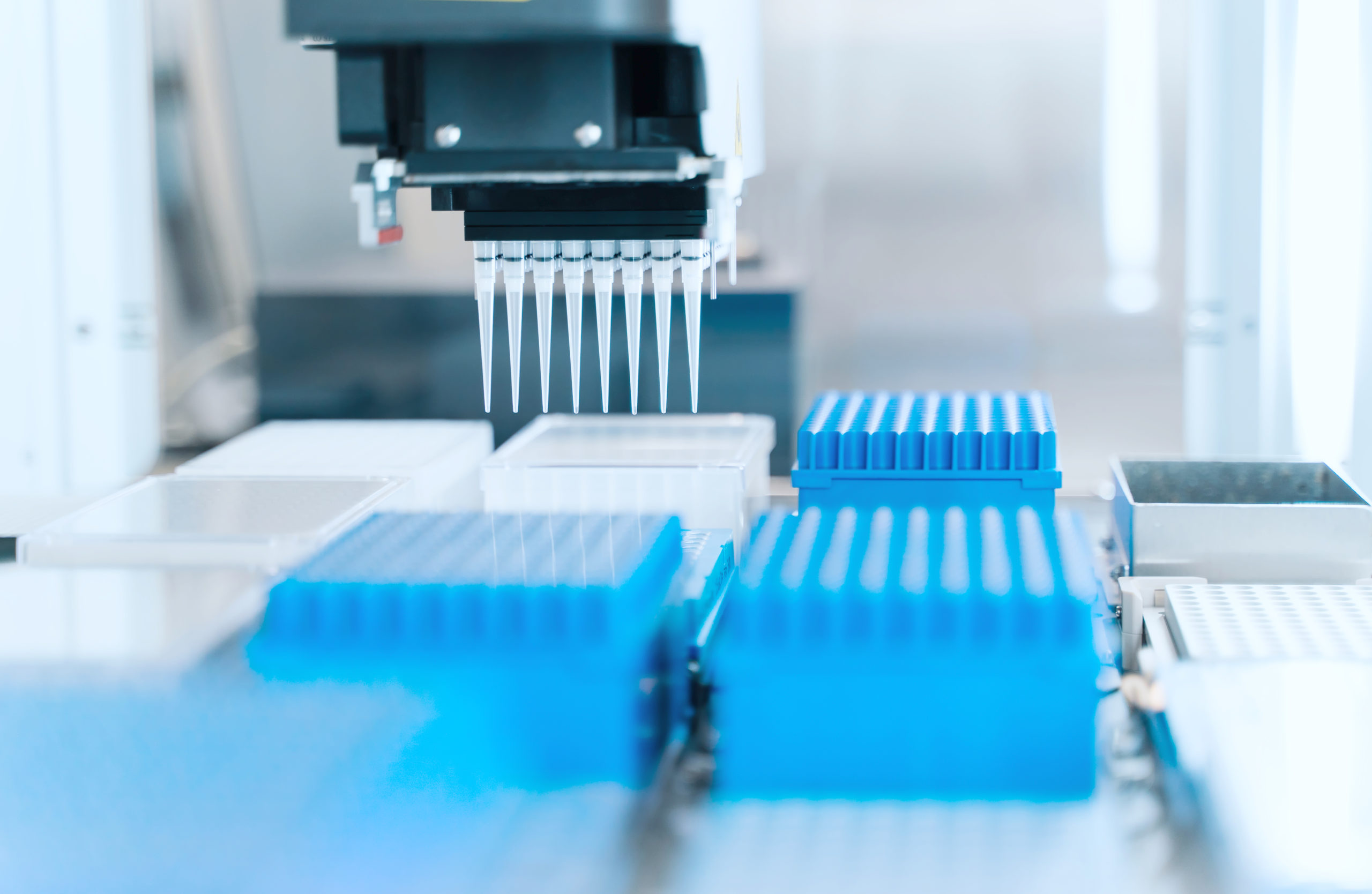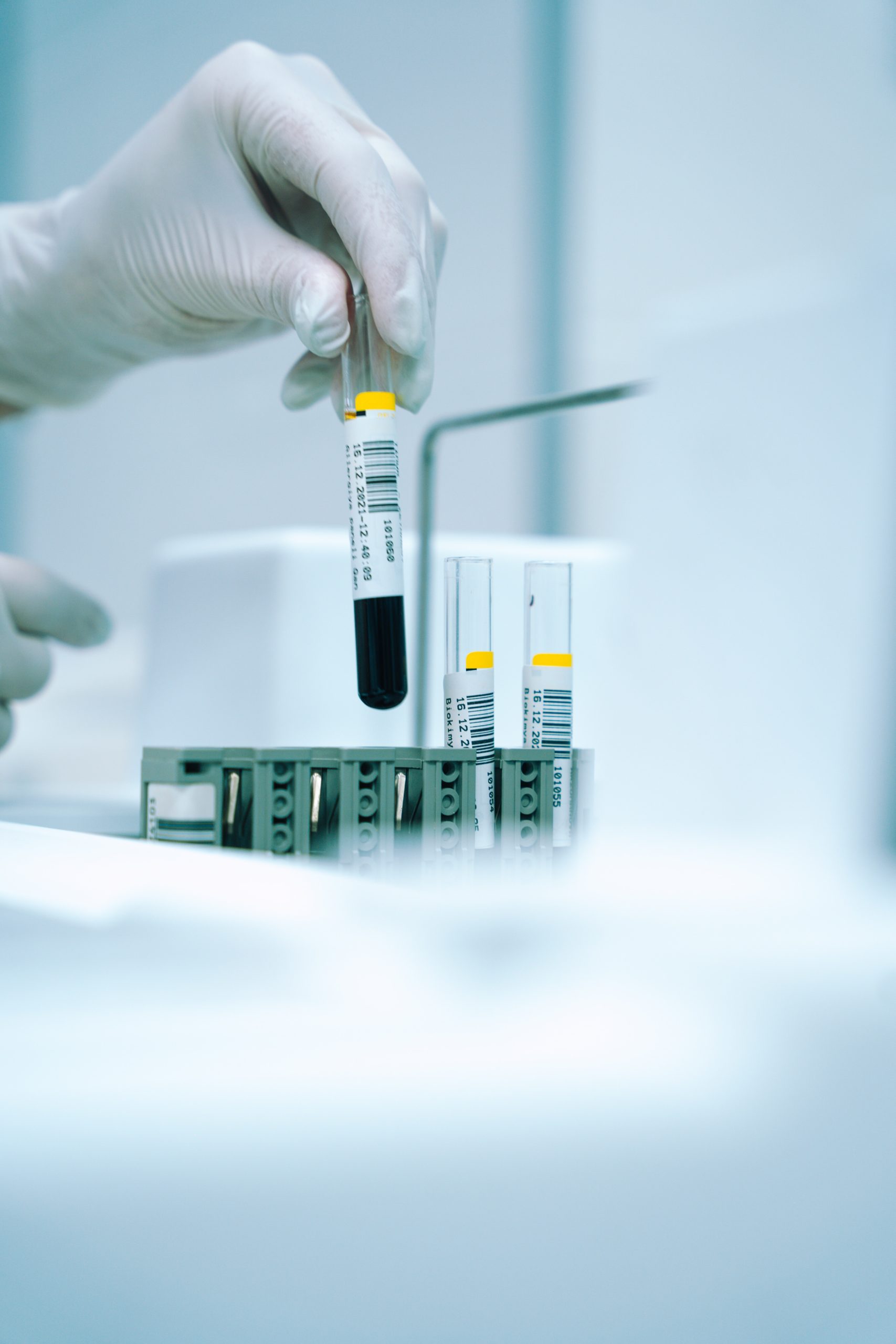Access to pre-existing biological samples through biobanks offers significant advantages for companies seeking biological materials and related data. By accessing samples stored in biobanks, companies can save time and costs associated with sample collection, storage, and processing. They can also reduce the need for in-house expertise and minimize financial risks. These biological samples provide valuable opportunities for the development and validation of new technologies and products, as well as deeper insights into disease mechanisms and the search for predictive biomarkers.
Biobanks with expert consulting services in various fields, such as clinical medicine, statistics, genomics, and bioinformatics, are preferred partners for industry collaborations, as they can interpret complex health data according to local standards and provide harmonized and validated data.
Furthermore, some biobanks have the ability to engage donors for follow-up examinations, data collection, and surveys, enabling longitudinal studies and the characterization of patient populations for “Smart Clinical Trials.” However, recontacting donors may be limited by local legislation or consent restrictions, resulting in the availability of static data with limited research possibilities.
Pre-existing biological samples
Via biobanks, already-existing biological samples with associated data can be accessed. Hence, companies in need of biological samples and related data can reduce time and costs related to sample collection, storage, and processing by accessing samples in a biobank. This also reduces the need for in-house expertise and can minimize financial risks.
Biological samples allow for the search of predictive biomarkers, estimation of causality, and the development of deeper mechanistic insights into disease pathophysiology. Biological samples can be of interest in the following cases:
- When developing and validating new technologies and products.
- When creating new biological understanding.
- In drug discovery processes.
Expert know-how
Through some biobanks, it is possible to access expert know-how in the fields of clinical medicine, statistics, epidemiology, genomics, functional genetics, bioinformatics, molecular biology, and similar areas. Biobanks that offer such expert consulting services are often preferred partners to the industry, as:
- Health data is complex and must be interpreted by local standards
- Actively researched biobanks have better structured, harmonized, and validated data
- Companies do not need to have relevant expertise in house or engage other service providers
- It comes with the potential of licensing existing IP or develop joint IP at low cost
Engaged donors
Some biobanks and health data registries have the possibility to recall donors for follow-up examinations, data collection, and surveys. Access to such engaged participant populations (cohorts), either through web portals, emails, or physical visits by recall can, for example, enable longitudinal studies.
Of particular interest are biobanks that have processes for phenotype and genotype-based recalls in place. This enables ‘Smart Clinical Trials’ to be conducted – a concept where the patient population is comprehensively characterized prior to recruitment into a trial.
Another opportunity is to engage existing donors in testing and validation of, for example, mobile apps and wearables. However, local legislation and/or limited consent often hinder recontact. In those cases, only static data is offered, which is less valuable as it allows fewer and less comprehensive research designs.





